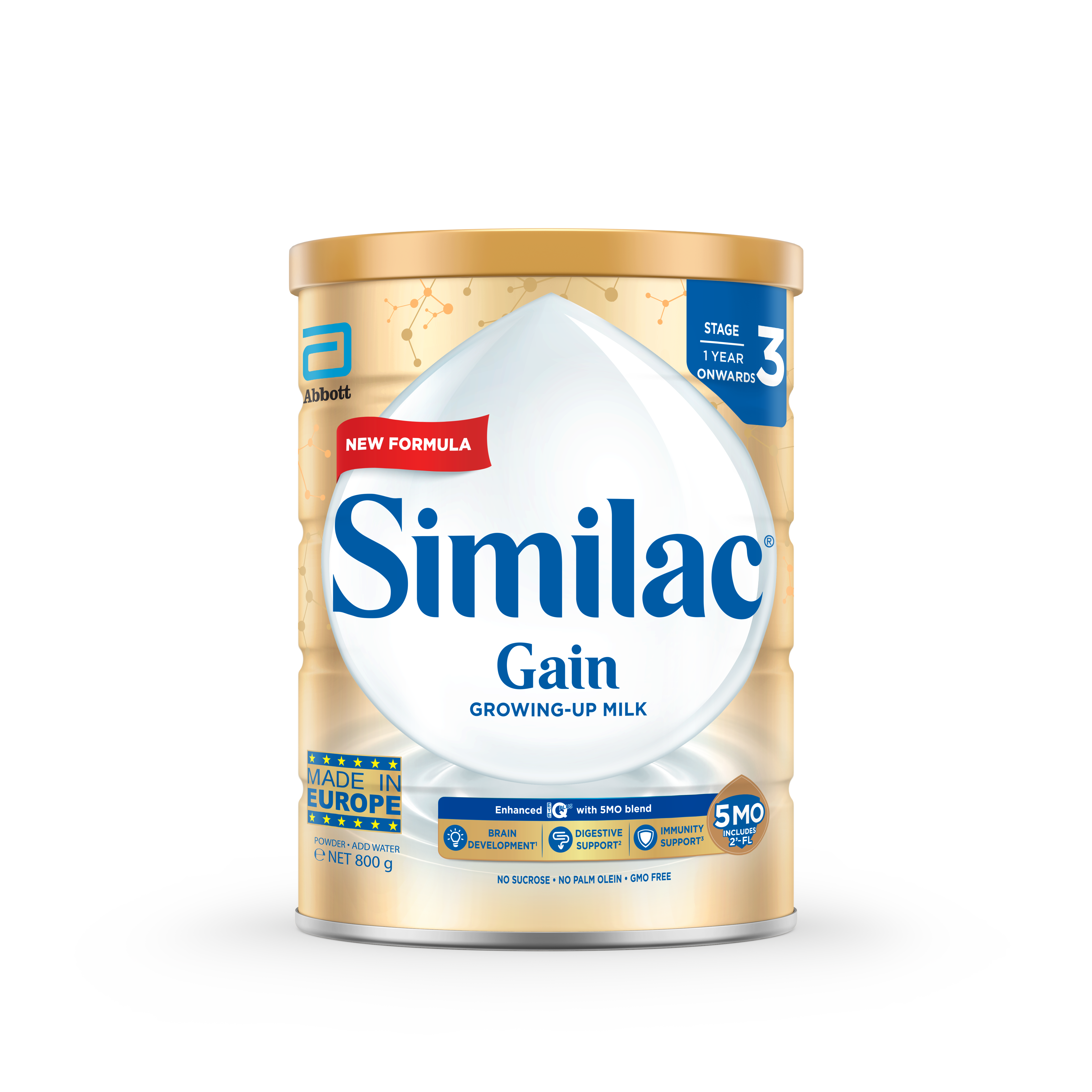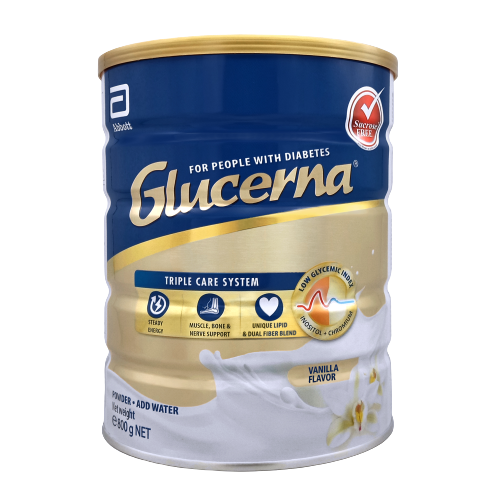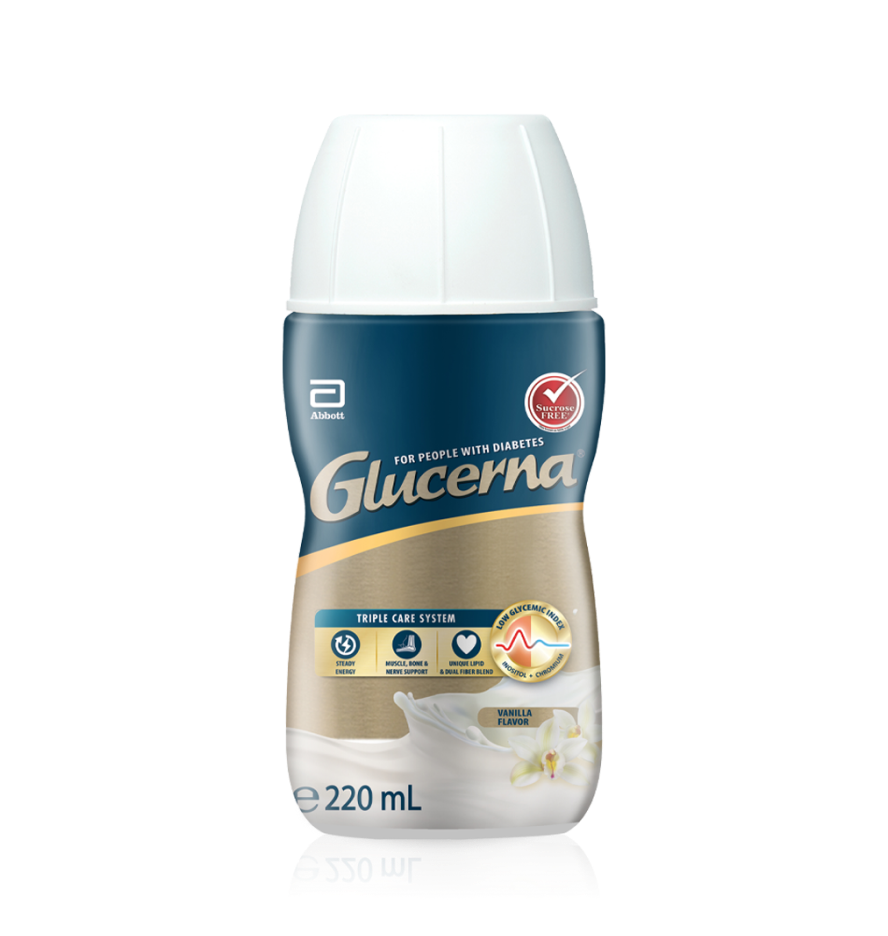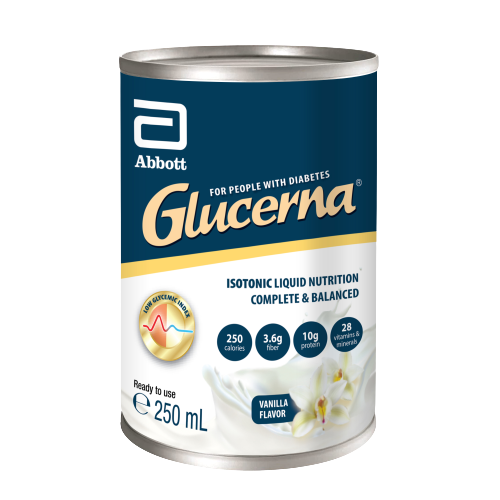FOS selectively stimulates the growth and activity of “good” bacteria in the gut, such as Bifidobacterium and Lactobacillus. As a side product of FOS digestion, “good” bacteria release beneficial substances in the host (e.g., SCFA short chain fatty acids), supporting better immunity and metabolism, reducing inflammation, and even enhancing brain function!
It has been shown that FOS reduces digestive issues, such as constipation or diarrhoea. It may also help with managing intestinal inflammation.3
FOS may be especially important for people with type 2 diabetes mellitus, who are trying to manage their weight and keep diabetes under control2. Unlike most carbohydrates, i.e., sugars and starches, FOS is not digested in the small intestine, so it does not increase blood sugar levels. On the contrary, FOS reduces glucose peaks in the blood that occurs after eating.
FOS dissolves in gut fluids forming a gel-like substance that slows digestion, increases perceived satiety, and regulates appetite. These effects make FOS a desirable ingredient in a well-planned, healthy diet1.
FOS consumption improves lipid metabolism. Cholesterol and triglycerides may contribute to hardening of the arteries or thickening of the artery walls (atherosclerosis). FOS reduces the levels of cholesterol and triglycerides in the bloodstream, aiding in the prevention of atherosclerosis and heart disease1.




.jpg)
.jpg)



.jpg)





